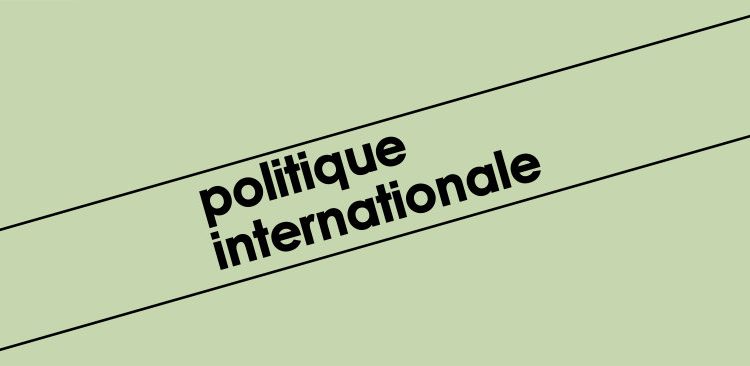Entretien avec Sergueï Pougatchev conduit par Isabelle Lasserre.
Pendant plus de dix ans, il fut le plus proche ami de Vladimir Poutine, qu’il a fréquenté dans sa vie publique comme dans sa vie privée. L’ancien argentier du Kremlin est même en grande partie à l’origine de la carrière de M. Poutine puisque c’est lui qui l’a présenté à Tatiana Diatchenko, la très influente fille de Boris Eltsine, à la fin des années 1990, afin d’en faire le successeur du premier président de la Fédération de Russie. Pendant des années, l’oligarque s’est heurté au camp des «siloviki», ces représentants des structures de force (FSB, armée, ministère de l’Intérieur…) qui gravitaient autour du résident du Kremlin. Au cours de son deuxième mandat (2004-2008), Vladimir Poutine a basculé dans le camp des « siloviki » et Sergueï Pougatchev est progressivement tombé en disgrâce. Ses adversaires ont entrepris de s’emparer de ses richesses. Il a été contraint de vendre à bas prix ses chantiers navals de Saint-Pétersbourg, puis de fuir le pays. Mais l’ex-banquier est combatif : il a lancé une procédure judiciaire devant la cour arbitrale de La Haye et réclame 12 milliards de dollars à l’État russe, qu’il accuse de l’avoir dépouillé. Pour avoir vécu de longues années aux côtés de Vladimir Poutine, Sergueï Pougatchev est sans doute l’un des hommes qui connaît le mieux le président russe et le fonctionnement du Kremlin.
Dans cet entretien exclusif, il dresse un tableau sans concession d’un régime aux abois et d’un président qu’il dit « faible » et manipulé par son entourage.
